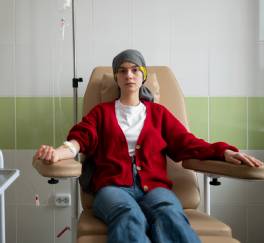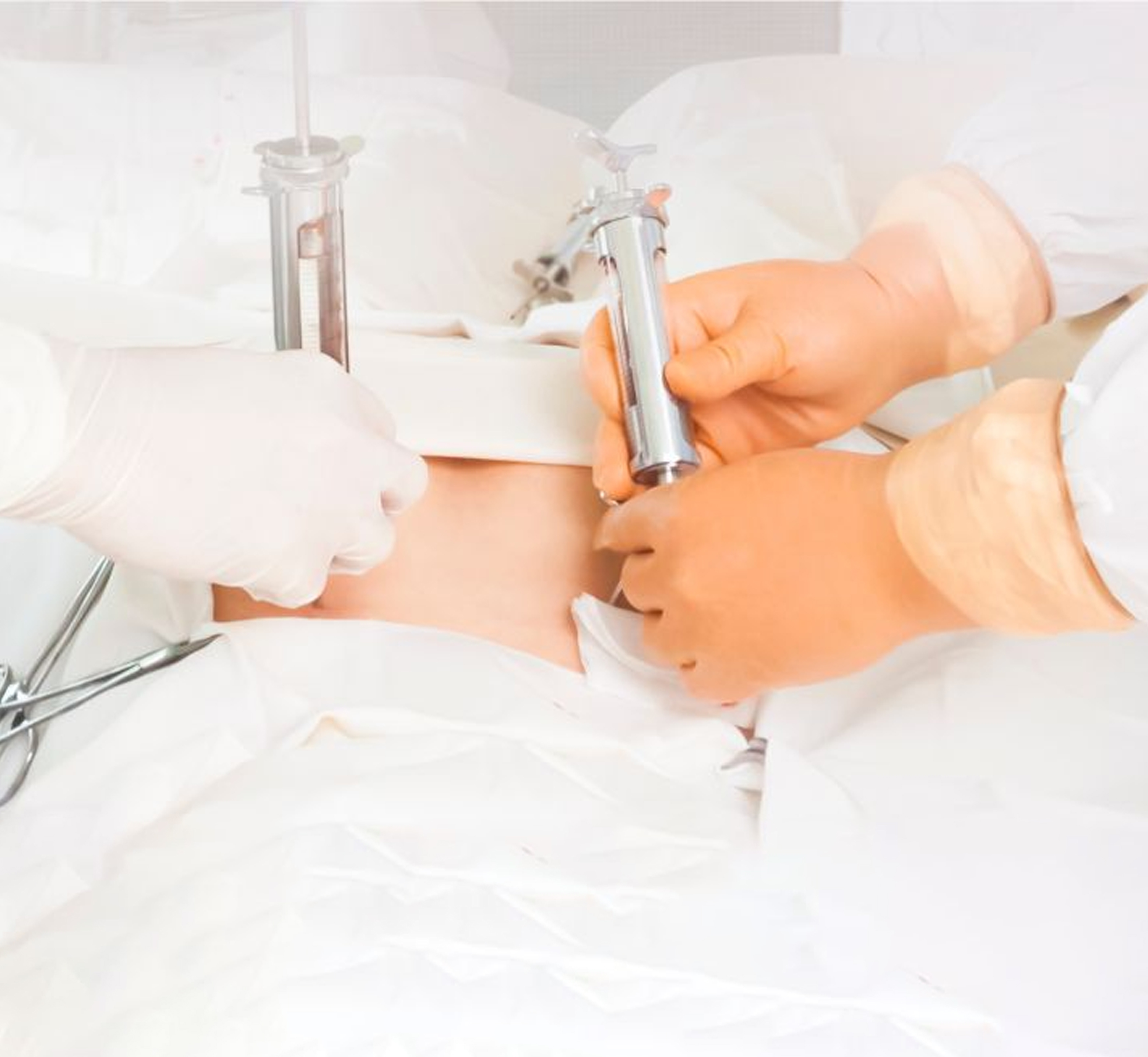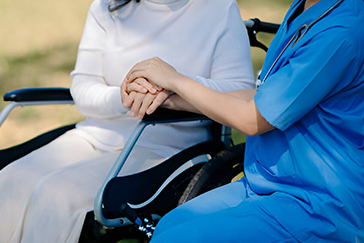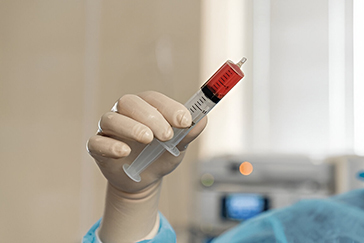 Book Appt.
Book Appt.
 Call Now
Call Now


Introduction
An autologous stem cell transplant restores your bone marrow's ability to produce cells. It is a treatment for certain forms of blood cancer. In an autologous stem cell transplant, your healthcare team extracts healthy blood stem cells before administering large doses of chemotherapy to eliminate malignant cells. You may also be given radiation therapy. The same procedure that eliminates malignant cells also destroys healthy cells. It can also harm your bone marrow, causing it to cease producing blood cells. An autologous stem cell transplant provides you with healthy blood stem cells, allowing your bone marrow to produce new, healthy blood cells.
What does this procedure treat?
Healthcare providers most commonly use autologous stem cell transplantation as the initial (first-line) treatment for multiple myeloma. In this condition, cancerous plasma cells in your bone marrow multiply and make abnormal proteins.
This procedure may be used to treat Hodgkin lymphoma and non-Hodgkin lymphoma if other treatments aren’t effective or the conditions come back after treatment. Autologous transplants can also be used for treatment-resistant germ cell tumors and some autoimmune diseases in the treatment-resistant setting.
Procedure
Before procedure
The first step before an autologous stem cell transplant is to assess your overall health (excluding blood cancer). High-dose chemotherapy can have serious side effects. It also raises the risk of major infections. Your doctor will order tests such as an electrocardiogram (EKG), echocardiography, computed tomography (CT) scan, and complete blood count (CBC), as well as blood tests such as liver or kidney function and a biopsy to examine malignant cells. Before your blood tests, your doctor may insert a central venous catheter (CVC) into one of the big veins in your upper chest.
During procedure
There are three steps in the process:
Stem cell collecting (harvesting): Stem cell collection involves taking blood from you to extract healthy blood stem cells for transplantation. This is apheresis. Here's how it works: Providers link veins in both of your arms to a cell separator (centrifuge) machine, which draws blood from the veins in one arm, filters out stem cells, and then returns blood to the veins in the other arm.
Conditioning: This is when you are given heavy dosages of cancer-fighting chemotherapy and radiation therapy. Conditioning treatment for an autologous stem cell transplant may last several days. During that time, your healthcare team will monitor your overall health and address any adverse effects you may experience.
Transplantation: Taking your stem cells may appear and feel very similar to taking medication or a blood transfusion. Your stem cells enter your body via an intravenous catheter (IV) or CVC. Before that, your practitioner will administer fluids and drugs to help you avoid side effects. Then they will begin injecting stem cells. The process could take many hours. While you are receiving fresh stem cells, your doctor will monitor you for fever, chills, and other potential adverse effects.
After procedure
Here is what happens in your body during recovery:
Your stem cells travel through your bloodstream to the bone marrow, where they begin to produce new blood cells. It's called engraftment.
Until engraftment, you are more vulnerable to serious infections because your bone marrow is producing fewer white blood cells.
Growth factor injections may be administered to help with engraftment.
Every day, your healthcare team will monitor your blood cell and platelet levels for signs that the transplanted stem cells are producing new blood cells and platelets.
Benefits
If you have multiple myeloma, an autologous stem cell transplant may be the only way to put the disease into long-term remission. If you have Hodgkin lymphoma or non-Hodgkin lymphoma, this technique may give you another chance to beat cancer if other treatments fail or the illness returns.
Risks
The most serious risk is contracting a life-threatening infection following the surgery. That is why it is critical to protect yourself from illness.
Success rate
The success rate of autologous stem cell transplants and operation survival rates are determined by a variety of factors, including your diagnosis and the severity of your ailment. Other factors to consider are any other medical conditions you may have and your ability to take chemotherapy. Enquire with your healthcare practitioner about your prognosis or what you can expect following therapy. They'll gladly explain how success and survival rates relate to you.
Conclusion
Autologous stem cell transplantation (ASCT) is a significant improvement in the treatment of haematologic malignancies and certain solid tumours. ASCT uses a patient's own stem cells to provide high-dose chemotherapy, maximising the potential for cancer eradication while minimising the danger of immunological rejection. The technique consists of several steps, beginning with stem cell mobilisation and collection and progressing to an intense conditioning regimen and, finally, stem cell reinfusion. While the treatment can be difficult and risky, including infection and organ problems, many patients obtain positive results, frequently resulting in sustained remission and a better quality of life.
SHALBY Sanar International Hospitals provides extensive medical procedures backed up with our state-of-the-art technology and a team of highly qualified & experienced clinical experts.
Our doctors pen down their research findings and experiences from time to time. Their words provide deep insight into the latest techniques, technologies and other advancements in healthcare. It provides expert answers to all kinds of health questions for real-life issues.
VIEW ALL



.jpg)
Since the day of its foundation, SHALBY Sanar International Hospitals is committed to provide comprehensive healthcare services. It regularly organizes awareness programs in its premises and encourages outdoor healthcare activities and camps with an intent to put focus on preventive healthcare.
VIEW ALL